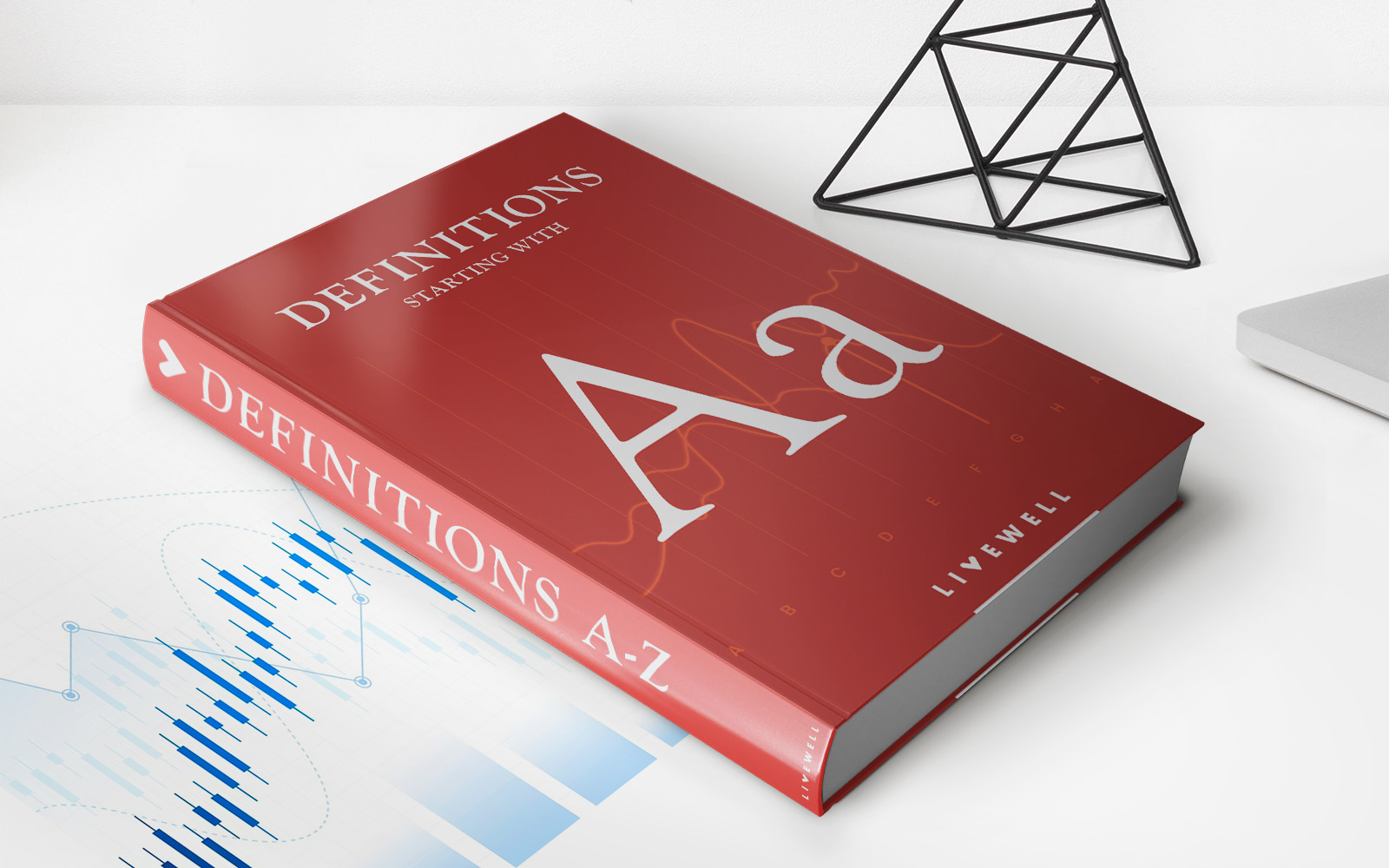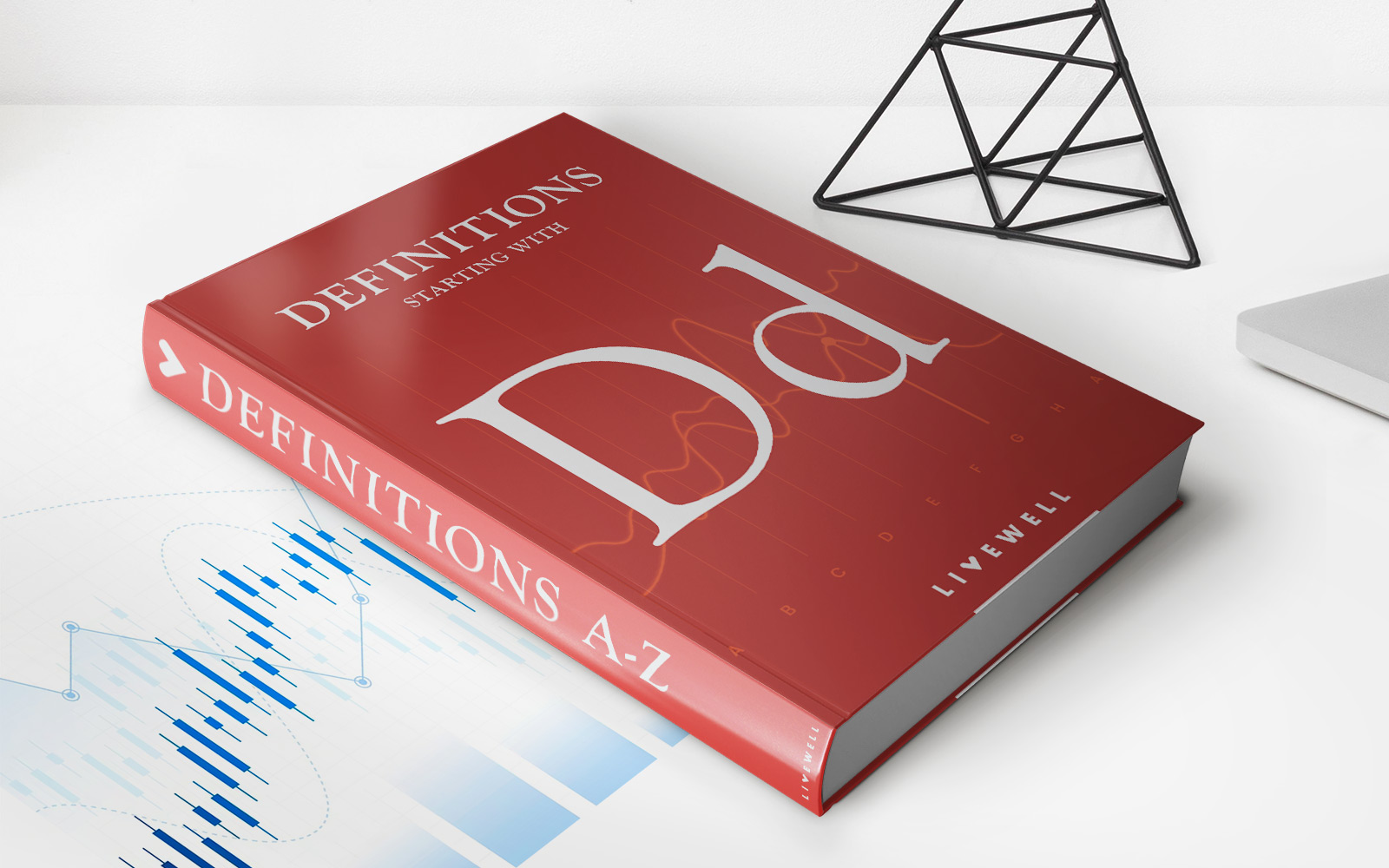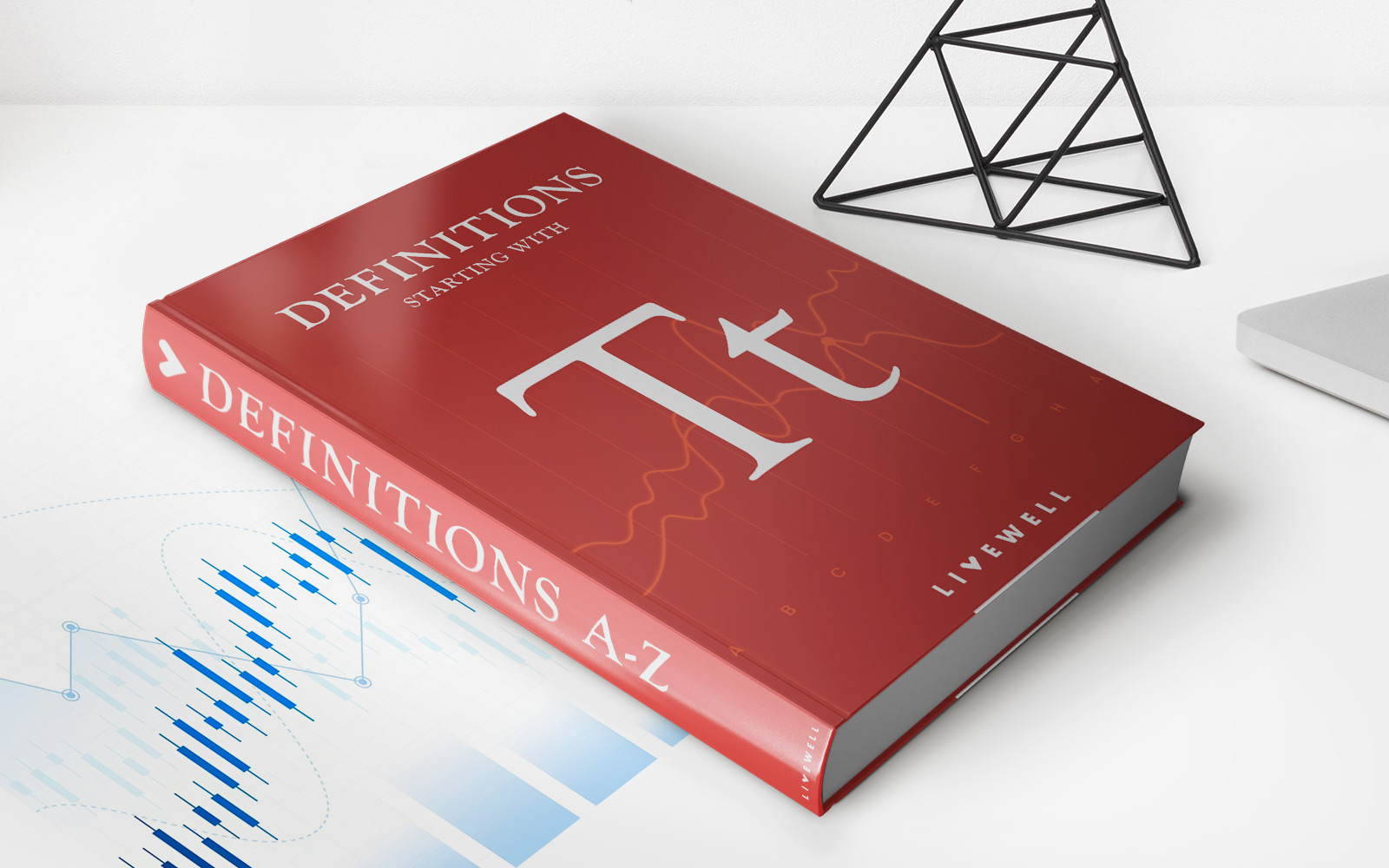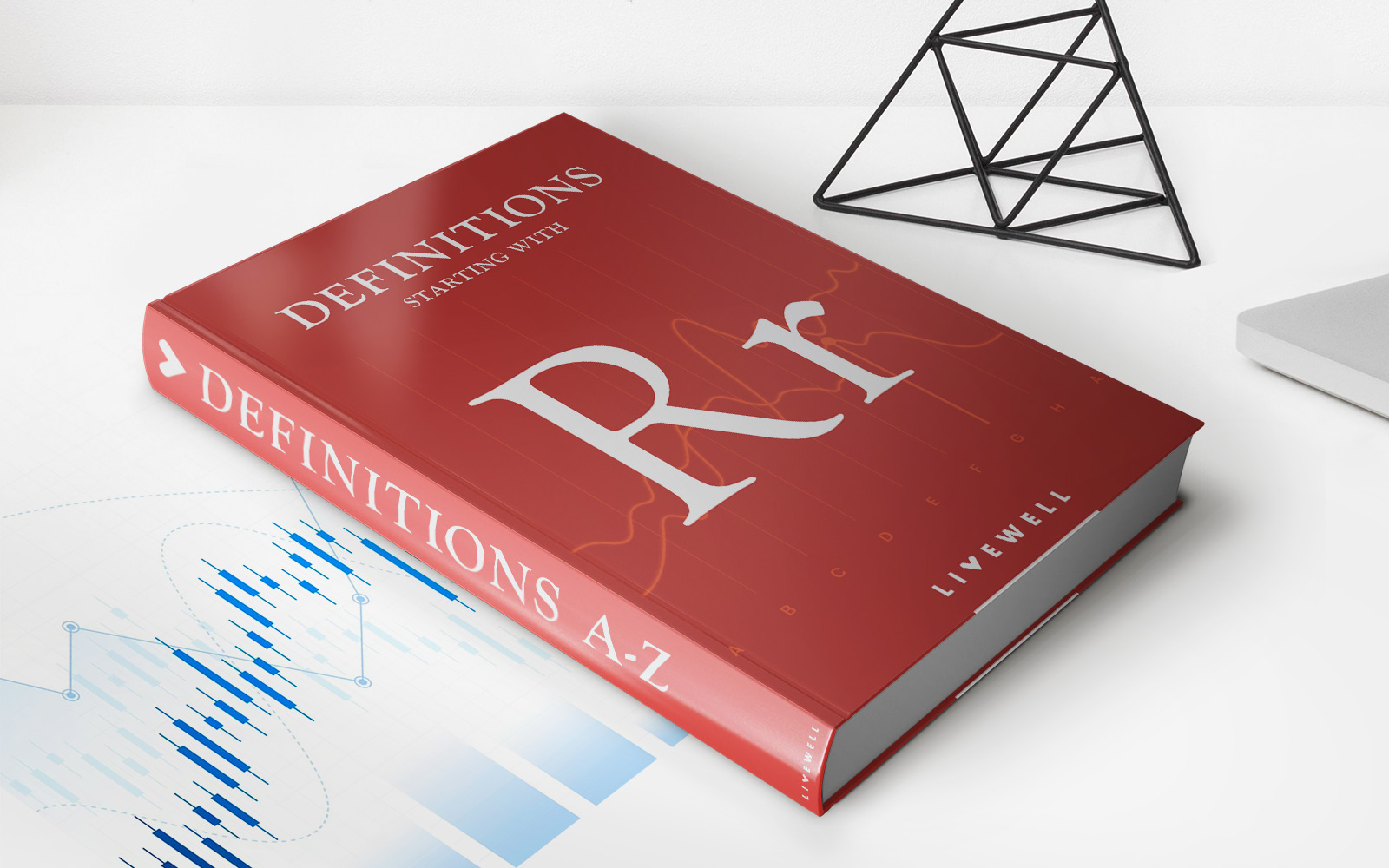Home>Finance>What Is Asset Protection Trust (APT)? Definition And Purpose


Finance
What Is Asset Protection Trust (APT)? Definition And Purpose
Modified: October 11, 2023
Learn about asset protection trusts (APT) in finance, their definition, purpose, and how they can safeguard your assets
(Many of the links in this article redirect to a specific reviewed product. Your purchase of these products through affiliate links helps to generate commission for LiveWell, at no extra cost. Learn more)
Understanding Asset Protection Trust (APT)
When it comes to managing our finances, one key consideration is protecting our hard-earned assets. In this quest for security, many individuals turn to an ingenious solution known as an Asset Protection Trust (APT). This powerful financial tool provides a legal framework that safeguards assets from potential risks and threats, ensuring that our wealth is shielded and preserved for the future.
Key Takeaways:
- An Asset Protection Trust (APT) is a powerful financial tool that helps safeguard assets from potential risks and threats.
- It provides a legal framework to protect wealth and preserve assets for the future.
What is an Asset Protection Trust?
An Asset Protection Trust (APT) is a legal arrangement where an individual or entity (known as the “Settlor”) transfers their assets into a trust, which is then managed by a designated trustee. The trust is designed to protect these assets from various risks, including lawsuits, creditor claims, divorce settlements, and more.
The process of setting up an APT typically involves the transfer of assets to an offshore jurisdiction with favorable trust laws and asset protection statutes. These jurisdictions are often chosen due to their robust legal frameworks, confidentiality provisions, and creditor-unfriendly regulations.
The Purpose of an Asset Protection Trust
The primary purpose of an Asset Protection Trust is to provide an extra layer of security and protect one’s assets from potential hazards. By removing assets from direct ownership and transferring them to a trust, individuals can minimize the risk of losing their wealth in the event of lawsuits, creditor claims, or other financial emergencies.
Some common scenarios where an APT proves beneficial include:
- Protecting personal assets in the event of a lawsuit
- Safeguarding assets from potential creditors
- Preserving wealth during a divorce or separation
- Providing for future generations and family members
By establishing an APT, individuals can efficiently manage their assets while minimizing the potential loss incurred from legal disputes or financial challenges.
In Conclusion
Asset Protection Trusts play a vital role in preserving and safeguarding one’s wealth. By creating a legal barrier between personal assets and potential risks, individuals can gain peace of mind and protect their financial security. Whether it’s shielding assets from lawsuits or ensuring a smooth succession plan, an APT is a valuable tool for those looking to proactively manage their finances.
Remember, it’s always essential to consult with a qualified professional and seek expert advice when considering the use of an Asset Protection Trust for your financial planning needs.














